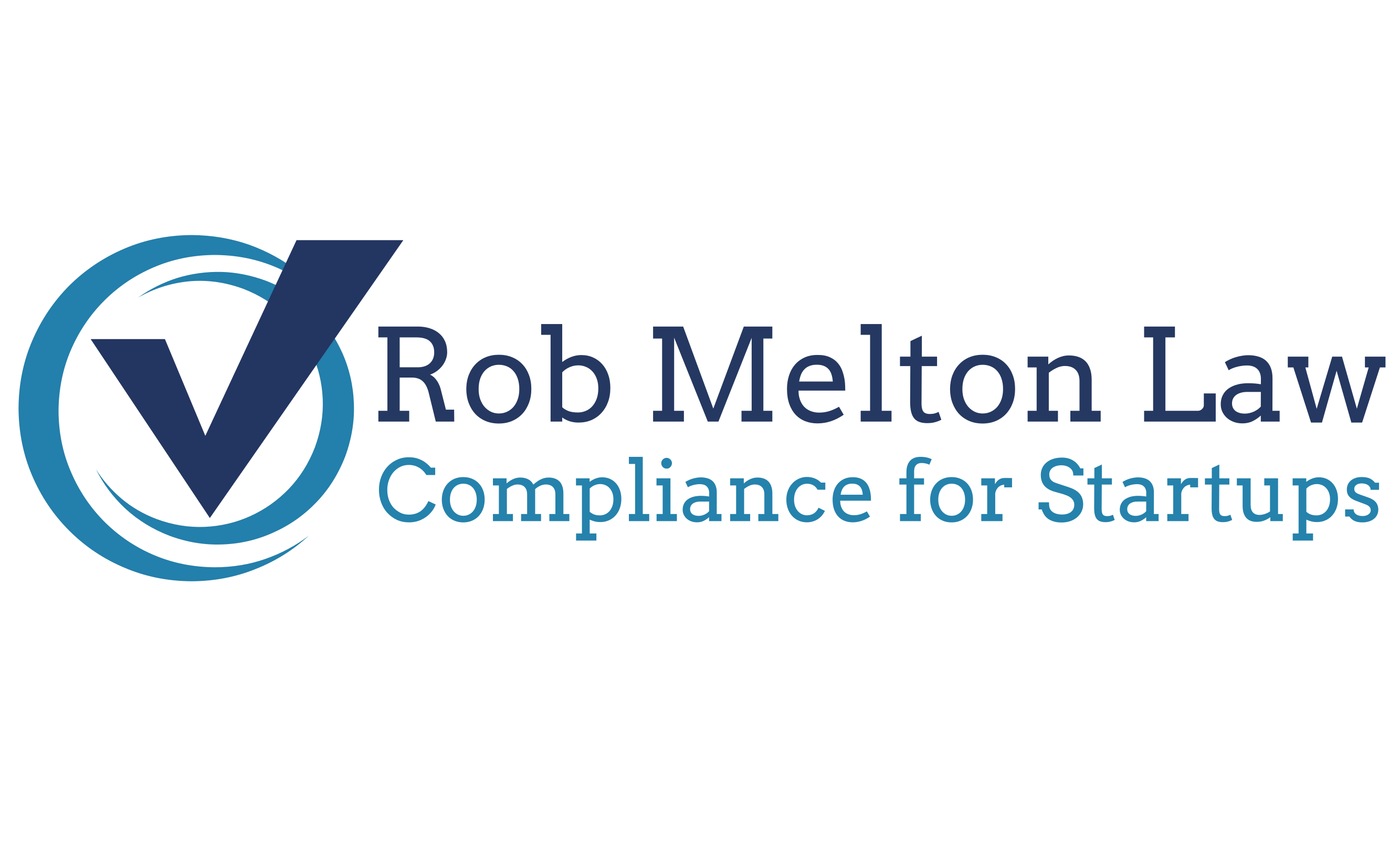The Family Educational Rights and Privacy Act (FERPA) is a U.S. federal law enacted in 1974 to protect the privacy of student education records. FERPA grants parents and eligible students the right to access, review, and request amendments to their records while restricting unauthorized disclosure by educational institutions. Schools must obtain written consent before sharing personally identifiable information, except in specific circumstances outlined by the law.
What schools are covered by FERPA?
FERPA applies to educational agencies and institutions that receive funding from programs administered by the U.S. Department of Education. This includes public schools, school districts (Local Education Agencies or LEAs), and postsecondary institutions such as colleges and universities. However, private and parochial schools at the elementary and secondary levels generally do not receive federal funding and are not subject to FERPA.
Education Records
Under FERPA, education records are defined as records that are directly related to a student and maintained by an educational institution or a party acting on its behalf. These records include, but are not limited to:
✔ Grades and transcripts
✔ Class schedules and enrollment records
✔ Student discipline files
✔ Health records (at the K-12 level)
✔ Financial aid information (at the postsecondary level)
Education records can exist in various formats, including handwritten, printed, digital, audio, video, and microfilm
Student and Parent Rights
Under FERPA, both students and parents have specific rights regarding education records. Parents have the right to access, review, and request amendments to their child’s records while the student is a minor. Once a student turns 18 or enrolls in postsecondary education, these rights transfer to the student, who then becomes an eligible student. FERPA also grants students and parents the right to control the disclosure of personally identifiable information, ensuring that schools cannot share records without written consent, except in certain circumstances. Additionally, schools must provide annual notifications informing students and parents of their privacy rights.
Directory Information Disclosures
Under FERPA, schools may disclose directory information without prior consent, as long as they provide public notice about the types of information designated as directory data. Directory information typically includes a student’s name, address, telephone number, email, date and place of birth, major field of study, participation in activities, and dates of attendance.
Schools must inform parents and eligible students of their right to opt out of directory information disclosures within a specified timeframe. If a student or parent requests that their directory information not be disclosed, the school must honor that request until otherwise notified.
School Official Exemption
Under FERPA, the school official exemption allows educational institutions to disclose student education records without prior consent to school officials who have a legitimate educational interest in the information.
Who Qualifies as a School Official? A school official can include:
✔ Teachers, principals, and administrators
✔ Board members and trustees
✔ Registrars, counselors, and admissions officers
✔ Attorneys, accountants, and IT specialists
Conditions for Disclosure: To qualify for the exemption, the school must:
✔ Define who qualifies as a school official in its annual FERPA notice
✔ Ensure that officials access only the records necessary for their duties
✔ Maintain direct control over third-party contractors handling student data
✔ Require its school officials to only redisclose education records with parental consent or as further permitted by this exemption

